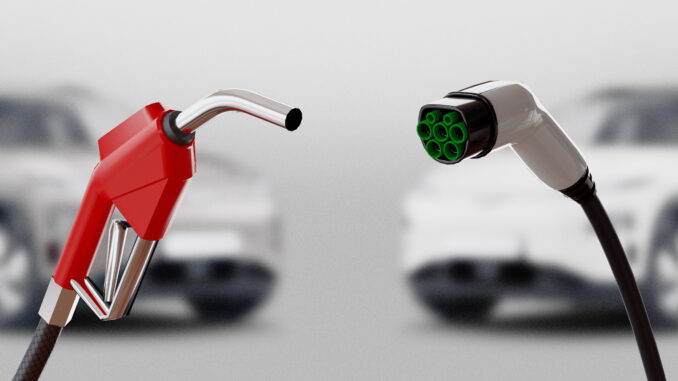
The market should drive the answer
By Terry Troy
Honda and LG Energy Solution’s joint venture has received State Tax Credit for EV and lithium battery production. While one might think this a clear case of our state government leaning toward EV production and away from fossil fuel vehicles, that just isn’t so. It’s really all about jobs, as well it should be. Ohio is on the right side of this issue.
As a former reporter of the Automotive Industry, it should come as no surprise that I prefer the aggressive exhaust note of an Aston Martin to the silent whirr of a Chevy Volt. But that doesn’t mean I am against EVs, either. As editor of Ohio Business, I really couldn’t be.
EV manufacturing, lithium battery production and the associated supply chain suppliers and solutions are coming to our state in a big way—and in just the past year alone. In addition to Honda, Ford announced a $1.5 billion investment in Avon Lake earlier this year, along with the creation of 1,800 jobs. In the Mahoning Valley, Ultium Cell invested $2.3 billion, creating 1,300 jobs for battery production. The list goes on and on.
With these deals, along with many others in our state, I really couldn’t say I was supportive of Ohio business if I said I was against EVs. But that doesn’t mean I think we should all give up on gas and diesel and start driving in ways to save the planet.
First of all, the planet is not in any danger. We are. The planet is going to be here long after we’re gone. So rather than mandating a switch away from fossil fuels, let the market decide. Forcing consumers into new behaviors is always costly, and rarely ever works.
With all the EV production coming into our state (and elsewhere in our nation), the cost of an EV is sure to come down to the point of affordability. But those costs should come down on their own over the course of time, and not from a government edict or associated funding, or individual tax breaks which will only add to our national debt.
More charging stations (which have a direct link to range anxiety of owning an EV) are also coming on line. But once again, the market should decide rather than the national government with the stroke of a pen.
In the interim, there’s no real reason for what often is perceived as an assault on the fossil fuel industry by our national government. If Russia’s war against Ukraine has taught us anything, it’s that fossil fuels and the price of oil are still very much a key to the world economy, especially when it comes to supply chain dynamics which are the true cause of inflation.
What I don’t understand is why we hit nations like Russia with “economic sanctions” which in turn backfire because we are trying to force consumers into ecologically responsible behavior? By limiting our production of the very commodity that supports the governments we are trying to punish, aren’t we kind of holding the gun to our own head? The value of their product goes up, rather than down. Shouldn’t we increase our production to saturate the world market and decrease the value of what they are trying to sell? Wouldn’t that offer a better outcome—especially for consumers?
If you are going to hit a nation with economic sanctions then we have to make certain those sanctions are effective, without regard for short-term ecological cost or an altruistic attempt to change consumer behavior.
Eventually, EVs will rule the road. Of course, we might also face future ecological challenges from battery production and the use of heavy metals in EV manufacturing. That’s another issue altogether.
Everything comes at a cost.

